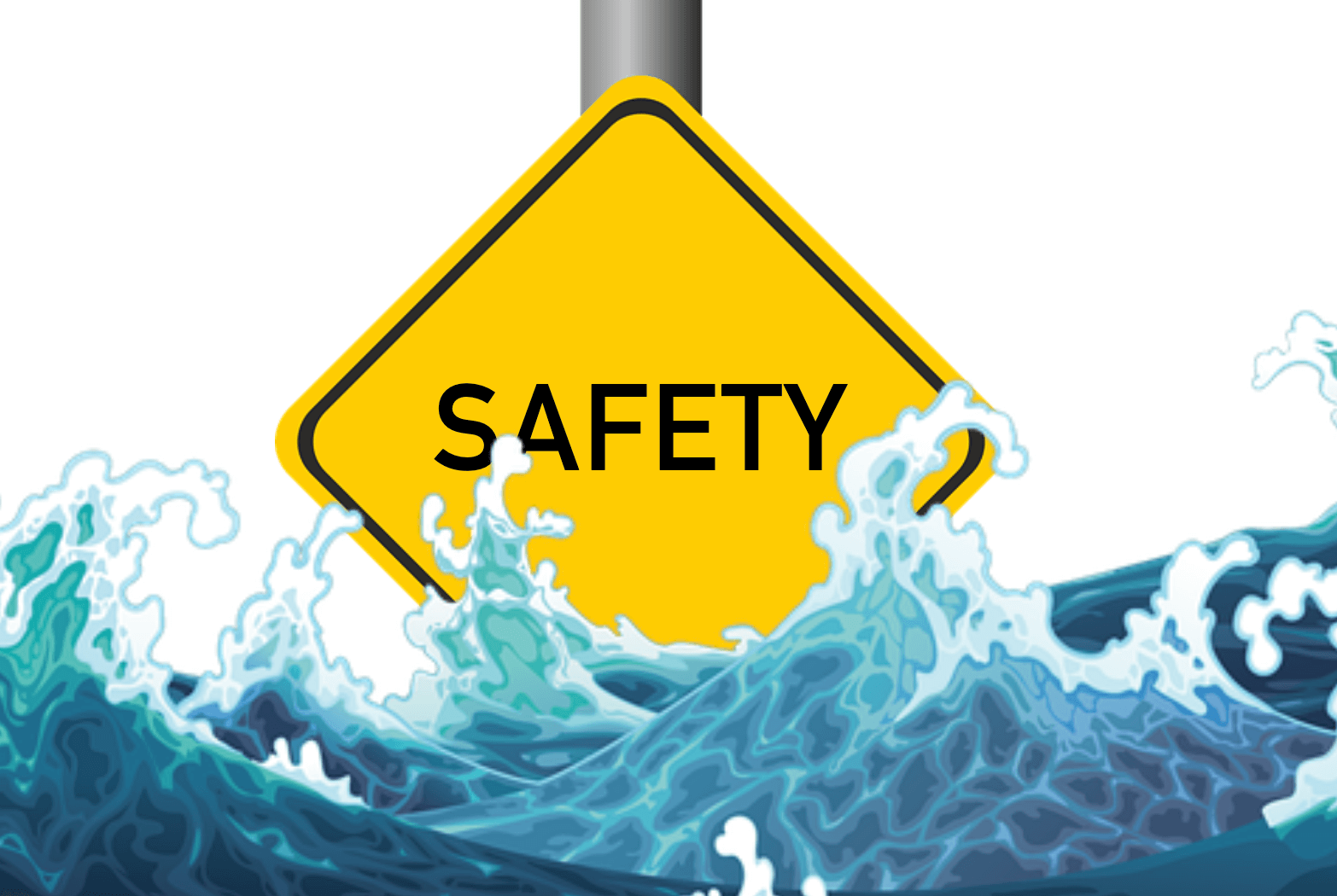It has been said, “The safest place to be is in the center of God’s will.” What people often mean by this is that if I’m doing God’s will, he will keep me safe from harm. And there’s a measure of truth to that. But there’s a bigger picture.
As I’ve been reading through the gospels, it seems the Bible defines safety differently than physical safety.
For example, Paul writes 2 Timothy knowing that his life is at it’s end. He is giving his final commissioning to his son in the faith, Timothy.
The Lord will rescue me from every evil attack and will bring me safely to his heavenly kingdom. To him be glory for ever and ever. Amen (2 Tim 4:18).
Do you see how Paul defines “safety” here? It isn’t that he isn’t going to die. He says plainly that he is. But that the Lord will protect him from every evil attack.
It is that the LORD would keep Paul “safe” in the faith. He would not turn away from the faith but God would keep and preserve him. He would be brought “safely” to his heavenly kingdom.
In Luke there is an often quoted Scripture (Luke 12:6-7).
Are not five sparrows sold for two pennies? Yet not one of them is forgotten by God. Indeed, the very hairs of your head are all numbered. Don’t be afraid; you are worth more than many sparrows.
It would seem that this is an encouragement that God loves us and keeps us physically safe. But the context tells us a bigger story (Luke 12:4-7).
I tell you, my friends, do not be afraid of those who kill the body and after that can do no more. But I will show you whom you should fear: Fear him who, after your body has been killed, has authority to throw you into hell. Yes, I tell you, fear him. Are not five sparrows sold for two pennies? Yet not one of them is forgotten by God. Indeed, the very hairs of your head are all numbered. Don’t be afraid; you are worth more than many sparrows.
There are people that will kill the body. But don’t be afraid. Fear only him who can send a soul to Hell.
This teaching of safety being bigger than physical safety is again taught in the gospel of Matthew. In Matthew 10 Jesus tells the disciples plainly that some will be put to death. He then tells them
- Do not worry (v. 19)
- Do not be afraid of them (v. 26)
Then he gives this powerful verse.
Do not be afraid of those who kill the body but cannot kill the soul. Rather, be afraid of the One who can destroy both soul and body in hell (Mt 10:28).
It’s the same as we saw in Luke. The same teaching reiterated.
King David seems to be indicating this theme as well.
Yea, though I walk through the valley of the shadow of death, I will fear no evil: for thou art with me; thy rod and thy staff they comfort me (Psalm 23:4)
He says he goes through the valley of the shadow of death. And is it physical safety that’s the protection he seeks and praises God for? Perhaps. But it is also the safety from evil. The kind of evil that he does not need to fear.
Is there a time to pray and believe for physical safety? Absolutely. We see this here when Paul asks for prayer.
Pray that I may be kept safe from the unbelievers in Judea and that the contribution I take to Jerusalem may be favorably received by the Lord’s people there (Romans 15:31).
But we do need to have the bigger picture of “safety.” Safety is not just physical safety, but about being kept safe in the Lord. Safe from evil. Safe from being swayed by “fine sounding arguments.”
As I have traveled the nation in recent months, it’s been disturbing. Many Christians and God-fearing people are compromising Biblical teaching. They are being swayed by the agendas of political parties, woke ideologies and more. Sin without repentance is abounding and embraced.
We are all going to die. Soon. The years of our life are very numbered. If we’re lucky we will get 80 years on this journey of life.
But will our souls be kept safe from evil? From us compromising our sin? Or doctrine and teaching?
Let’s pray for “safety” in the Lord in the biggest of pictures. The Lord’s prayer speaks of this (Mt 6:9-13):
“This, then, is how you should pray:
“‘Our Father in heaven,
hallowed be your name,
your kingdom come,
your will be done,
on earth as it is in heaven.
Give us today our daily bread.
And forgive us our debts,
as we also have forgiven our debtors.
And lead us not into temptation,
but deliver us from the evil one.’

